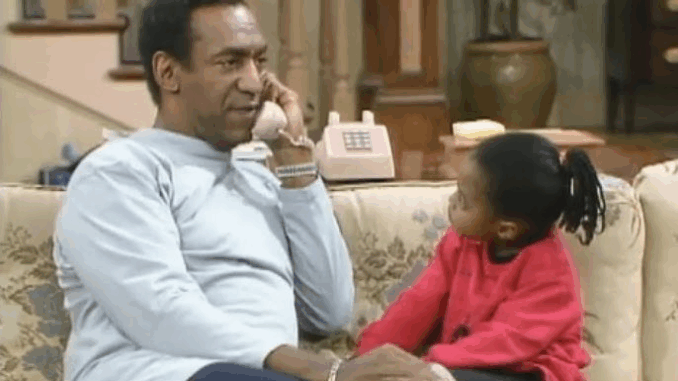
More than three decades after its debut, The Cosby Show remains one of the most influential American sitcoms in television history. While its cultural impact is vast—from redefining representations of African American families to reshaping network television in the 1980s—one of its most resonant themes is the heartfelt portrayal of fatherhood. At the center of the show is Dr. Heathcliff “Cliff” Huxtable, played by Bill Cosby, a character who became an iconic symbol of engaged, loving, and sometimes hilariously exasperated fatherhood.
Set in Brooklyn, New York, The Cosby Show follows the Huxtables, an upper-middle-class African American family navigating the challenges and joys of everyday life. Cliff Huxtable is an obstetrician and father to five children, and his parenting style—firm yet playful, wise yet fallible—stood in contrast to the often rigid or absent father figures in earlier television history.
What set Cliff apart was not perfection, but presence. Whether helping his children with homework, addressing teenage rebellion, or simply dancing around the living room to jazz records, Cliff was always there. The show emphasized emotional availability as a pillar of strong fatherhood. Cliff listened—truly listened—to his children. And when he responded, it was often with humor, but always with care.
Episodes like “Theo’s Economic Lesson” from Season 1—where Cliff uses Monopoly money to teach his son the realities of adult finances—became instantly iconic for their creative yet impactful parenting moments. The laughter was real, but so was the message: a good father guides, not with lectures, but with love and ingenuity.
Moreover, The Cosby Show portrayed fatherhood as a journey of growth. Cliff, for all his wisdom, was not infallible. He made mistakes, lost his temper, and sometimes misunderstood his children’s needs. But these flaws only deepened the authenticity of his character. He modeled an important truth: being a good father doesn’t mean having all the answers—it means showing up, learning, and evolving alongside your children.
In the broader context of American television, Cliff Huxtable became a cultural touchstone. He challenged harmful stereotypes of African American fathers and presented a counter-narrative grounded in dignity, humor, and humanity. For many viewers, Cliff represented the father they had—or the one they wished they did.
Today, in a world where modern families continue to redefine gender roles, work-life balance, and parental responsibilities, the themes explored in The Cosby Show remain relevant. Fatherhood, as portrayed through Cliff Huxtable, is not a static role, but a dynamic relationship built on patience, presence, and unconditional love.
While the real-life controversies surrounding Bill Cosby have understandably complicated the show’s legacy, the fictional father he portrayed left a lasting imprint on television storytelling. Cliff Huxtable taught us that laughter and love are not mutually exclusive, and that a great father is not the one who controls—but the one who connects.
